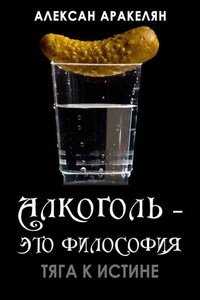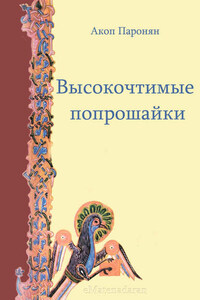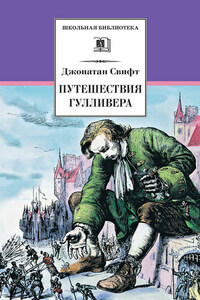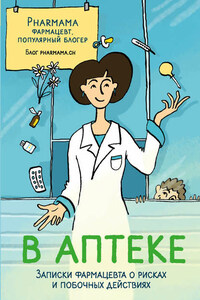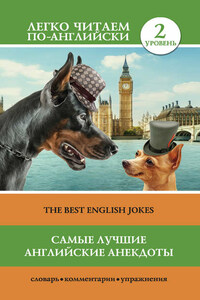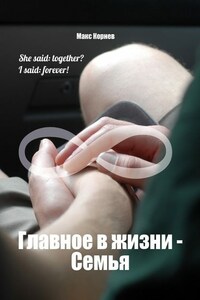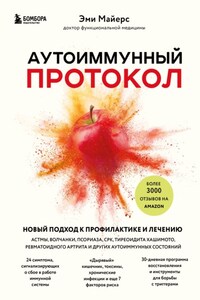This is a guide to modern manners. You’re bound to be wondering what’s so modern about them and how they’re different from old manners, which, if you’re over forty-five, you’ll remember. Old manners were not always very well mannered and had it in for certain defenceless groups. Children were not favoured, especially if sitting down. It was, ‘Get up, a lady’s come into the room,’ ‘Get up for your uncle/aunt/granny’ or any senior person for that matter. In fact, children were lucky to get a seat at all and risked having it commandeered for no good reason by any nearby adult. Mealtimes weren’t much fun for anybody because of table manners. Eaters had always to be in a state of sentry-like alertness in case somebody wanted the salt/pepper/water/ butter. It was a terrible mark of failure if they had to ask. To top it all, so worrying and complex were manners, they were just about the only topic of conversation. In the 1960s, the matron at a friend of mine’s boarding school, eating as by custom with her eight-year-old charges, conducted a lively mealtime debate on a particularly awkward point: in what position on the plate should you leave your knife and fork when you had finished eating? Should it be six o’clock, four o’clock or nine o’clock? Should the prongs of the fork be turned up or down? This same matron decreed that nobody was to put their elbows on the table unless they were an uncle or over twenty-one. But obviously it was a different story entirely when a boy, claiming quite truthfully that he was an uncle, actually put his elbows on the table.
Scarcely a trace remains now of this bizarre labyrinthine world of ‘manners’. ‘Come as you are,’ we say, ‘be yourself.’ The tables have turned so completely that it is now a fault, if not an affliction, to be too polite, too ‘well-mannered’. Such people are dysfunctional, in need of therapy of some kind. ‘If only they could relax,’ we say, ‘be more casual, less stuffy. Such a shame!’
We’ve got rid of all the crazy old rules, we can do what we like, wear what we like, turn up when we like and everything’s completely and utterly wonderful, isn’t it? We can do without manners.
Well, maybe not. Look at the way Tracey Emin, of all people, complained about nasty people who sniggered when some of her artworks were incinerated in the Momart fire: ‘It is just not fair and it’s not funny and it’s not polite and it’s bad manners.’ (This the worst thing, coming climactically at the end.) And why, in the course of my research, did I find so much anxiety and guilt? At the merest mention of my subject people would invariably look at the ground. One woman, in her early twenties, even said, ‘Are you looking at me to see what my manners are like?’ This kind of thing was often a prelude to a torrent of enquiries: is it OK to thank by e-mail? Should I bring a bottle? What do I do about inviting estranged couples? What’s a nice way to end a text-message conversation that’s been going on just a bit too long?
This uncertainty turned out to have deeper implications. Far from seeing manners as superficial, a formality and a restraint on individuality and self-expression, a lot of people said that they would feel more themselves if they were more sure of their manners. As one woman put it, ‘I hate it if I think I’ve done something ungenerous or gauche. I know it’s just not me. I’m not a selfish or inconsiderate person.’
Our free-and-easy ways have left us in a vacuum of uncertainty and embarrassment. And this only gets worse because we are reluctant to give each other any guidance. If someone is late or doesn’t reply to the invitation, we say it doesn’t matter; if a friend won’t stop talking on their mobile phone while we’re out with them we make excuses, we say they probably don’t realise what they’re doing, they don’t mean any harm. We’ll just have to go on seething inside. We don’t think it’s our place to judge or tell other people what to do, but who knows? Maybe those other people are as worried about their manners as we are about ours? Maybe they have a nasty uneasy feeling of having got away with it. Nothing more than that.
Many people take damaging avoiding action rather than confront the problem. Let’s







